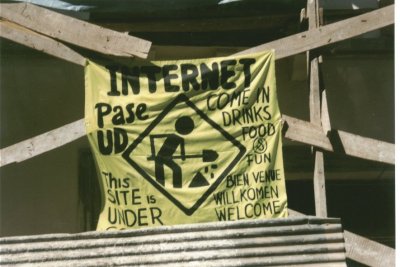I first flew to Lanzarote with Iberia six years ago – returning this year I found out that the level of service had gone downhill.
It’s worth remembering what has happened in those six years – airport security has been stepped up considerably. It is no longer possible to take liquids onto planes (with few exceptions).
Firstly, it was almost impossible to find out when we had to check-in by. The airport, online travel agent and the Iberia website all gave different answers, so we got there as early as possible, only to find that the check-in desk hadn’t opened yet. The “check-in by” time from the airport seemed to be the time that the desk actually opened!
Then there were conflicting details about hand luggage – Frankfurt airport allows 8kg, Iberia stated 10kg. As if this wasn’t enough, returning through Arrecife the signs at the gate showed a maximum of 6kg.
Changing planes in Madrid (T4/T4S) was also a long process, which involved not only a long walk but also a ride on an underground monorail. Admittedly, nothing to do with Iberia itself, but it all added to the experience.
At the gate in Madrid, the time on the gate did no match the departure time on the board. Someone asked the employee sitting at the gate desk if the flight to Frankfurt (this was on the return journey) went from this gate and was told “no”. Actually, in the end, it did!
But my real gripe has to be the on-board service. Firstly, the crew from Frankfurt to Madrid spoke almost no German and only a smattering of English. This may not affect me so much, but it did affect those passengers who spoke no Spanish. Even the safety announcement in German was from a tape that did not entirely match up with the information being given on the PA in Spanish.
But worse – there is no longer a meal or drinks on board! Six years ago, drinks were included in the price of the flight and there was even a snack on the way to Madrid and a warm meal on the way to Arrecife.
This time you had to buy any drinks (remember, you can’t take your own on board!) at 2,50EUR for a can of soft drink (per person). The only food was a selection of baguettes and rolls at horrendous prices (6-8EUR!)
In future, I think I’ll pay more attention when booking flights as to what is in included, or at the very last have a packed lunch ready. How times have changed…

